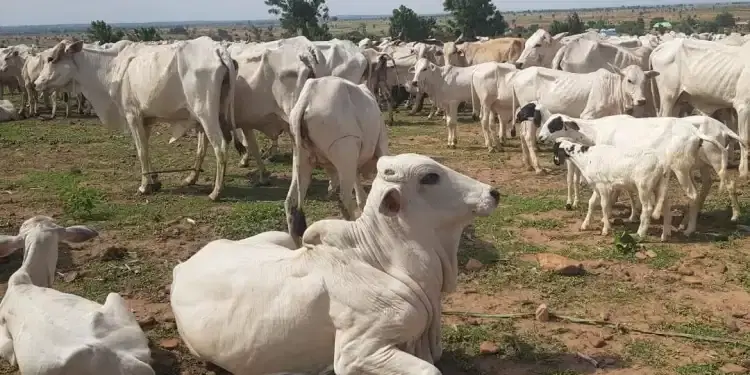Taraba State has been selected as one of five Nigerian states to benefit from the World Bank-supported Livestock Productivity and Resilience Support Project (L-PRES), an initiative aimed at enhancing livestock production and strengthening resilience in the sector.
The National Project Coordinator of L-PRES, Dr. Sanusi Abubakar, made the announcement on Tuesday in Jalingo during the World Bank’s implementation support mission to the state. He disclosed that Taraba will receive a minimum of $20 million under the program to improve livestock services and infrastructure.
Dr. Abubakar commended the state government for its prompt payment of counterpart funding, describing it as a sign of Taraba’s commitment to agricultural development. He assured Governor Agbu Kefas of the World Bank’s readiness to work closely with the state in achieving its livestock and agricultural goals.
Related Articles:
- Taraba senior civil servants elects new leaders, promises commitment to workers’ welfare
- Horror in Taraba: 24 UMCN members massacred in Fulani Herdsmen attack – Bishop Ande cries out
Also speaking at the event, World Bank Country Director for Nigeria, Dr. Ndiame Diop, praised Taraba for being proactive in implementing World Bank projects. He highlighted the state’s role as a model in agricultural reform and innovation.
Representing Governor Kefas, the Secretary to the State Government (SSG), Barrister Gebon T. Kataps, reaffirmed the government’s full commitment to ensuring the success of the L-PRES initiative.
“We will leave no stone unturned in ensuring this project succeeds,” Kataps stated. “L-PRES has already led to noticeable improvements in cattle productivity, and we are building on that momentum.”
Kataps further announced that with the governor’s approval, a bill has been initiated for the establishment of a University of Agriculture and Climate Change on the Mambilla Plateau. Additionally, the government plans to establish a Livestock Commission to further support the sector.
As reported by our correspondent, L-PRES is designed to tackle major challenges in Nigeria’s livestock sector by enhancing productivity, promoting climate-smart agriculture, and strengthening institutional capacities at both state and national levels.






